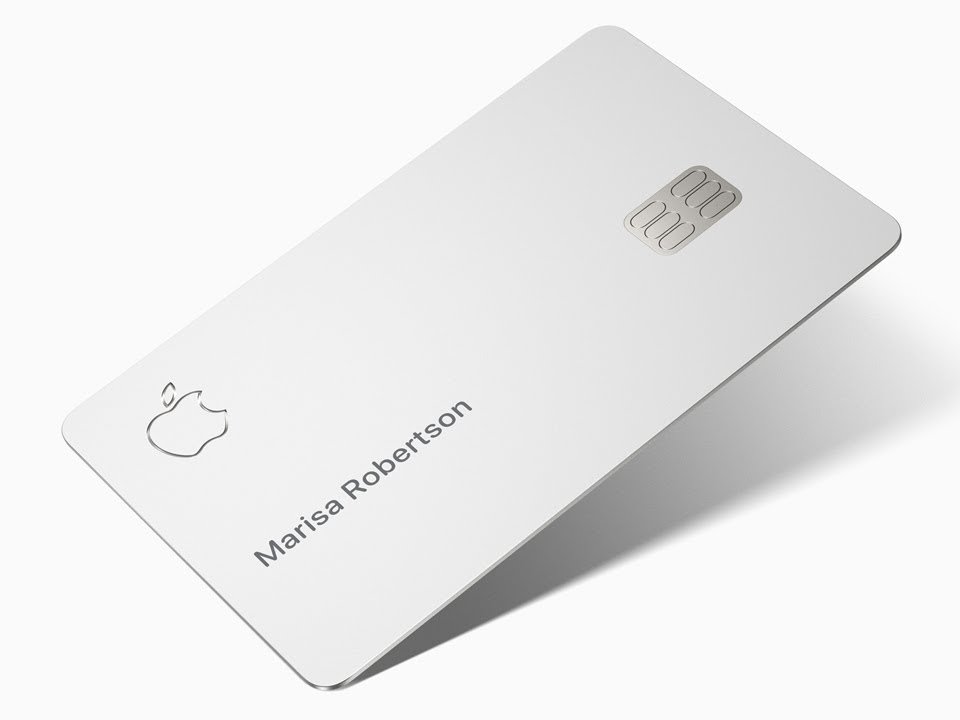Apple has been sued in the U.S. over claims it has illegally profited from its Apple Pay policies to the tune of $1 billion.
The Class is represented by Hagens Berman, in a press release the group stated:
A class-action lawsuit was filed today against Apple accusing the company of illegally profiting from payment card issuers through its Apple Pay policies, allegedly extracting up to $1 billion annually in fees in violation of federal antitrust law, according to attorneys at Hagens Berman and Sperling & Slater.
The represented class is a group of credit unions and financial institutions that issue payment cards you can use with Apple Pay on devices like the iPhone 13. Apple is accused “of denying rivals access to the technology needed to develop a competing mobile wallet” because of rules on its hardware platforms that state the only way to make contactless payments is through Apple Pay rather than any competing mobile wallet. The group compares Apple’s “supracompetitive fees” to that of Android where the service is available for free.
Another antitrust headache for Apple
“When you compare the functionality of Apple Pay to mobile wallets available on Android devices – Google Pay, Samsung Pay – you’re essentially holding up a mirror; they are essentially identical,” said Steve Berman, Hagens Berman co-founder and managing partner.
“And yet, the same service on Android that card issuers pay absolutely nothing for costs them a collective $1 billion annually through Apple Pay.”
Hagens Berman has already successfully sued Apple twice, once in 2015 over e-book price fixing and a second time earlier this year, where it got iOS developers a settlement of $100 million over Apple’s App Store policies.
Apple is already under heavy antitrust scrutiny because of Apple Pay in the EU, which has raised similar concerns about the closed nature of Apple Pay.
The suit claims that Apple has unlawfully linked the iPhone to Apple Pay, and unlawfully monopolizes the market for tap-and-pay mobile wallets on iOS, raking in “billions of dollars from fees.”
The suit seeks an injunction to end Apple’s aforementioned hold on Apple Pay as well as monetary relief.
This lawsuit is likely to drag out for several months or even years, and it’s possible that the outcome could lead to a change to the way Apple operates Apple Pay and interacts with other mobile payment services. In an extreme scenario, it could lead to Apple giving other payment platforms access to the NFC chip on the iPhone.

(opens in new tab)
APR: 12.99% – 23.99%
Bottom line: It’s odd reviewing a credit card, but the truth is, Apple Card really is something different.




